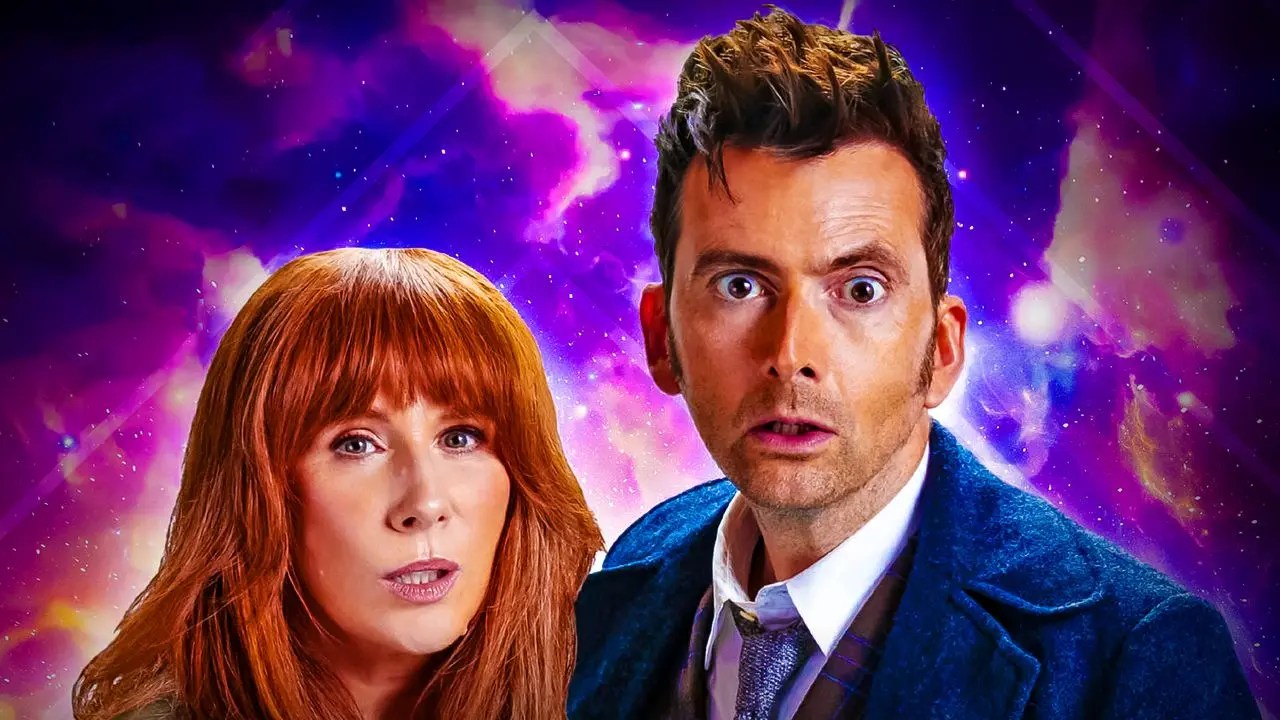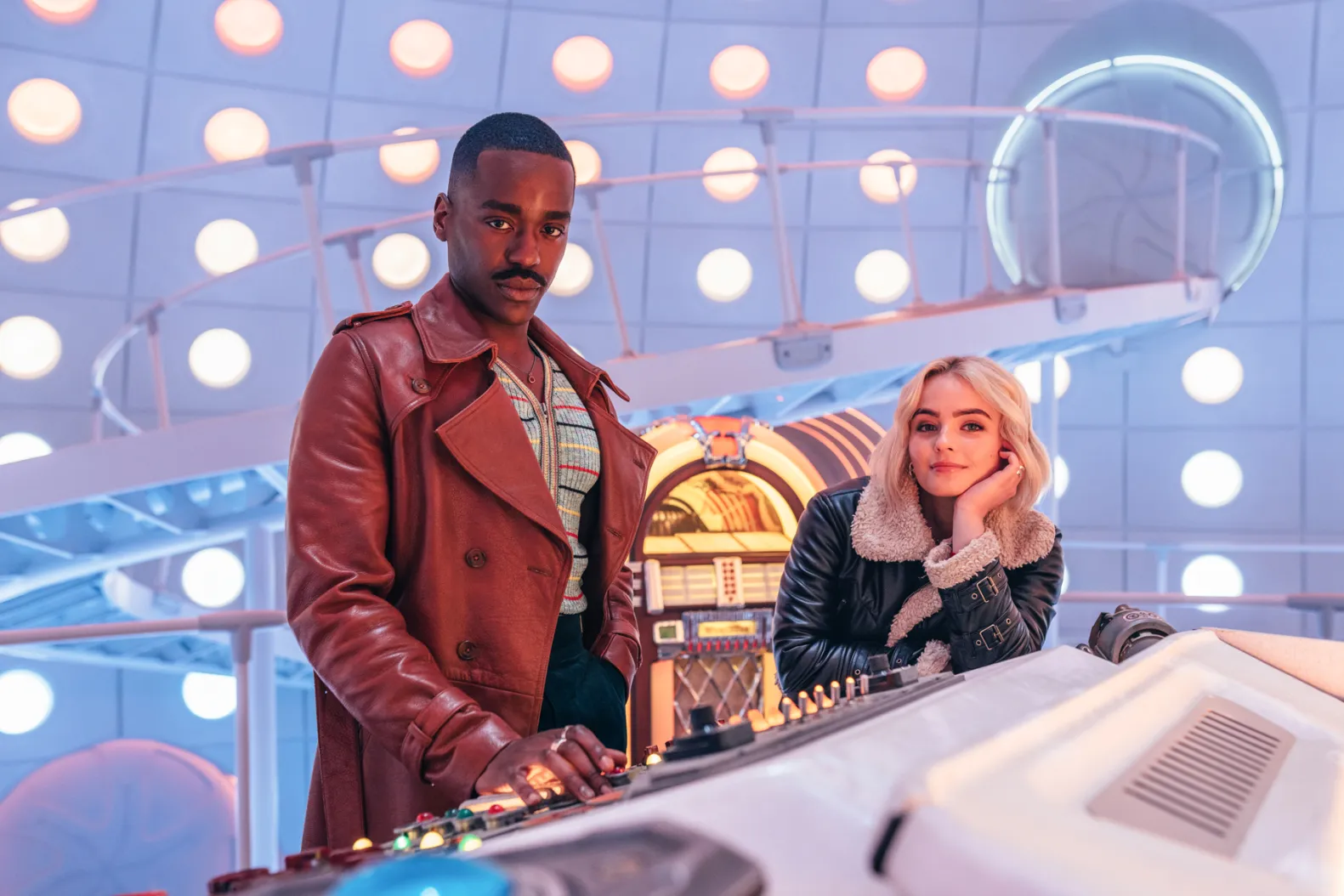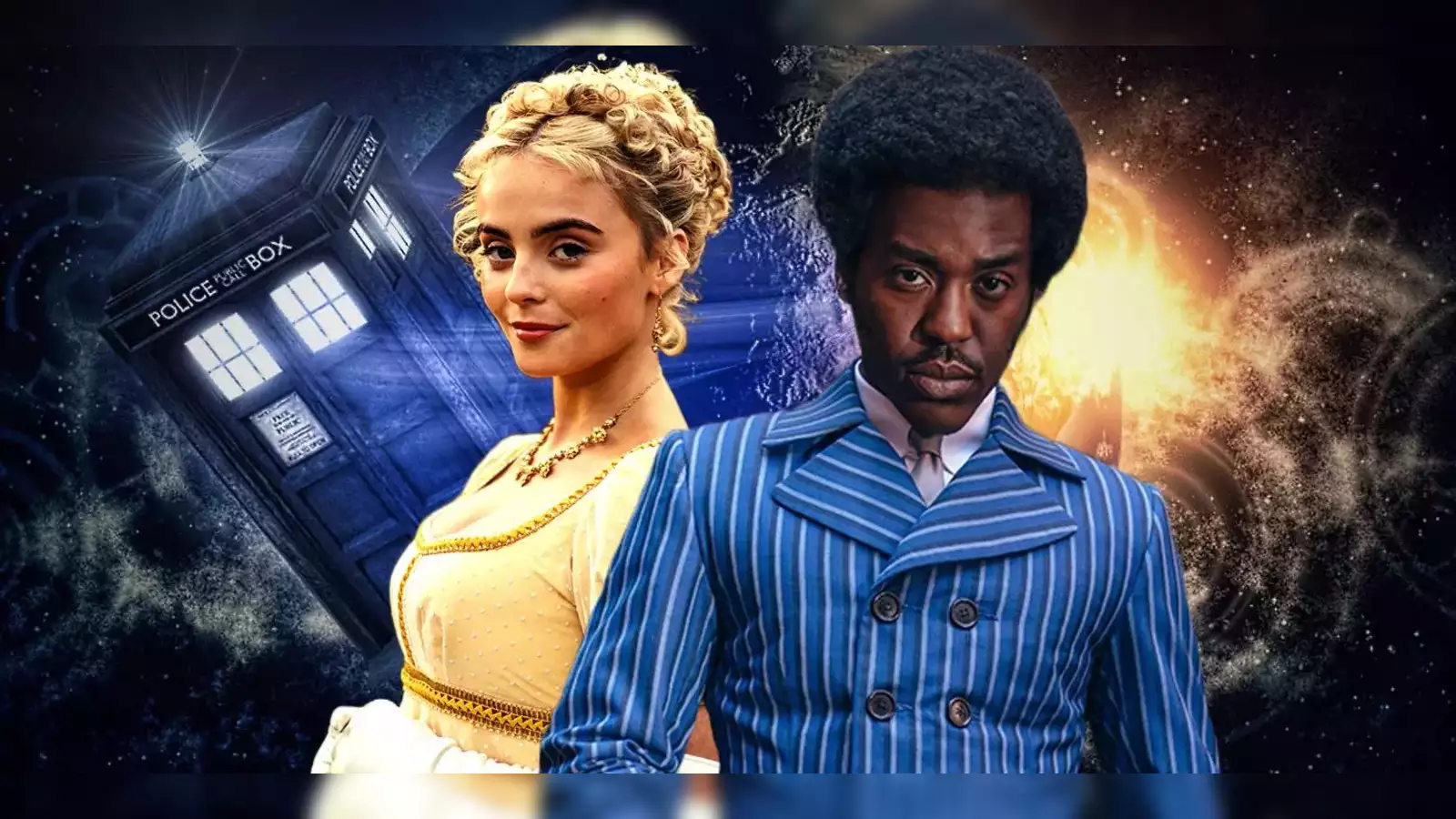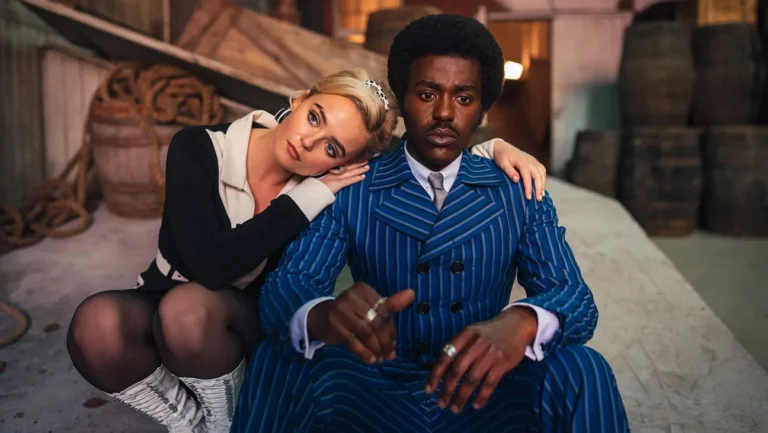In the world of television, securing the rights to iconic music can elevate a scene from memorable to legendary. This truth is best exemplified by the contrasting experiences of two major TV shows: BBC’s “Doctor Who” and AMC’s “Mad Men.” While both sought to feature music from The Beatles, only one succeeded, underscoring the complexities and high costs of music licensing in the entertainment industry.

A Tale of Two Series: “Doctor Who” vs. “Mad Men”
“Doctor Who,” the beloved British sci-fi series, has long been known for its creative storytelling and thrifty budget management. However, the show’s financial constraints were starkly highlighted when it attempted to license music from The Beatles. Despite having the financial backing of Disney, “Doctor Who” showrunner Russell T. Davies admitted that the cost was prohibitively high.
“I thought, that’s a lovely idea, but at the same time, I knew that The Beatles’ music is so expensive. Even on a Disney budget, we couldn’t afford that.”

This predicament starkly contrasts with the experience of “Mad Men,” the critically acclaimed series known for its meticulous attention to historical detail and authenticity. Matthew Weiner, the creator of “Mad Men,” demonstrated his commitment to authenticity by shelling out $250,000 to use The Beatles’ song “Tomorrow Never Knows” for just one scene. This decision not only highlighted the show’s dedication to creating a genuine 1960s atmosphere but also set a precedent for the value of authentic soundtracks in television.
The Beatles’ Licensing: A Legacy of Exclusivity
The Beatles’ music has a well-known reputation for being difficult and expensive to license. Typically, licensing fees for television shows can range from $25,000 to $50,000, but The Beatles command a premium far exceeding these figures. This exclusivity is partly due to the band’s enduring legacy and the meticulous control maintained by the surviving members and their estates over how their music is used.
“It was always my feeling that the show lacked a certain authenticity because we never could have an actual master recording of The Beatles performing. Not just someone singing their song or a version of their song, but them, doing a song in the show.”
“Doctor Who has gone woke”
This was in 2005 … fyi pic.twitter.com/dXEeclkdTn
— The VC (@VickyCarriage) May 12, 2024
The Implications for “Doctor Who” and Beyond
The inability of “Doctor Who” to secure Beatles’ music despite its partnership with Disney highlights a broader challenge within the industry: even significant financial backing does not guarantee access to certain cultural artifacts. Russell T. Davies also hinted at the uncertain future of the BBC, suggesting that even with Disney’s support, the challenges of maintaining a show like “Doctor Who” are substantial.

Meanwhile, “Doctor Who” continues to captivate audiences worldwide, available for streaming via Disney+. As the landscape of television and music rights continues to evolve, the saga of The Beatles’ music in TV shows serves as a fascinating case study in the intersection of cultural legacy and commercial value. Whether or not future productions will be able to navigate these waters successfully remains to be seen, but the allure of The Beatles’ music remains as strong as ever.
https://youtu.be/xhL5ihOUUcs
